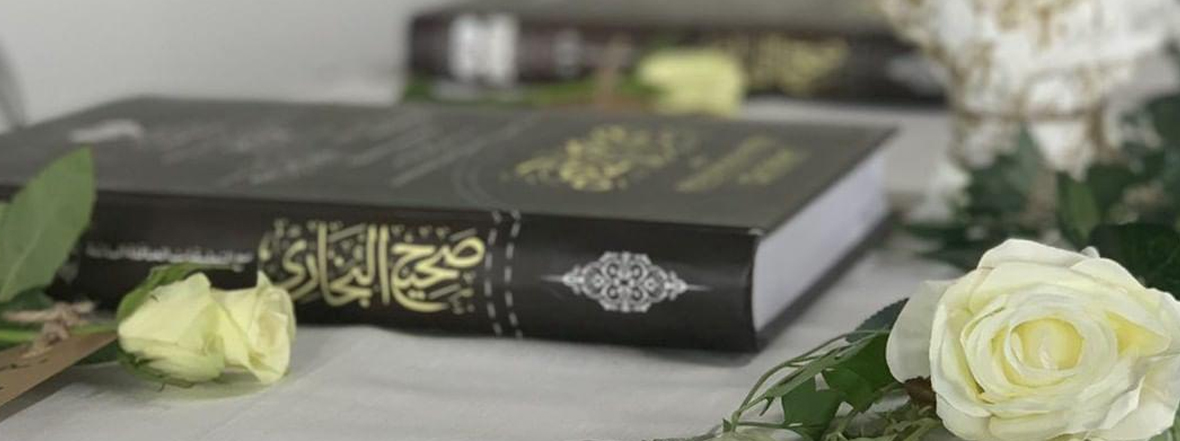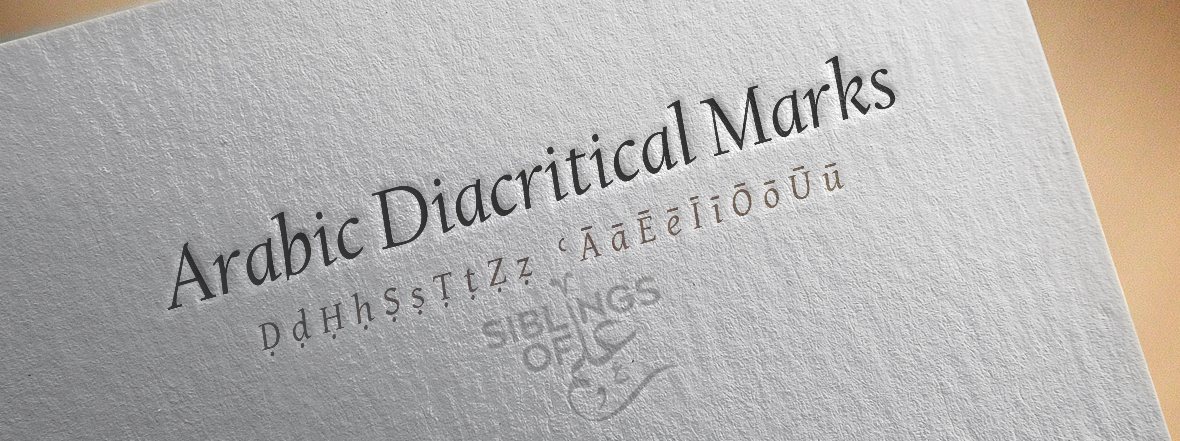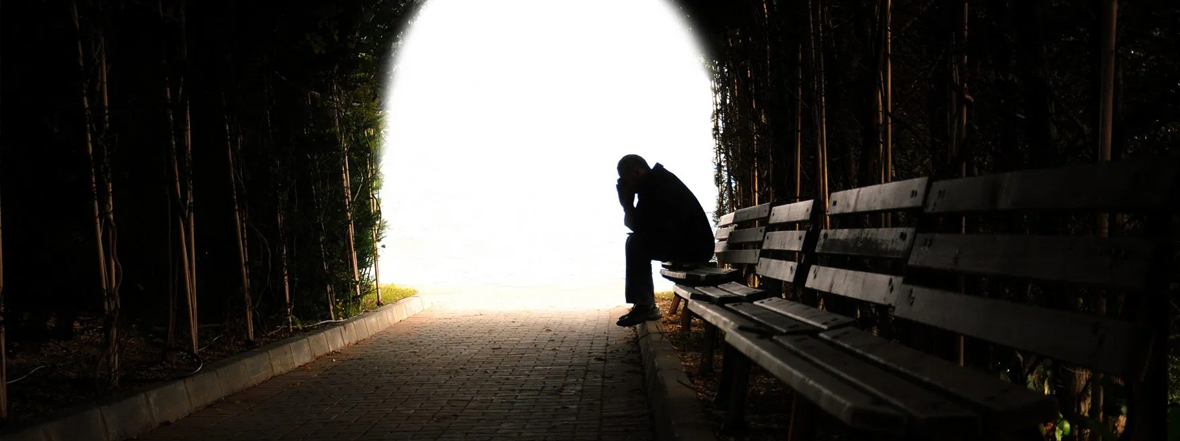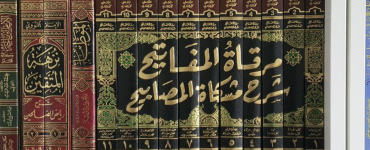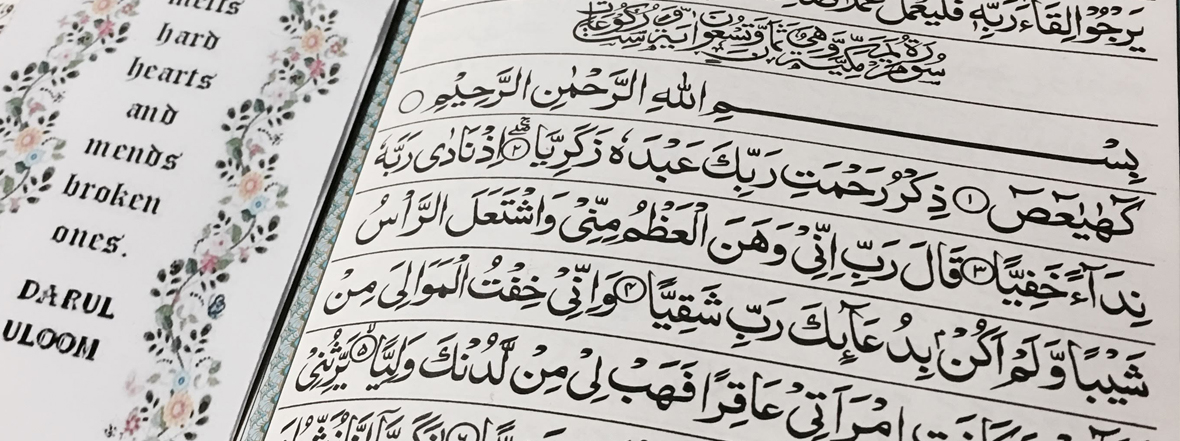بسم الله الرحمن الرحيم
What do I do after graduating from the ʿālimiyyah course?
This is a common question, and the answer to it is quite circumstantial. Therefore, some people might find a few of the following suggestions impractical. Thus, every individual can make a different decision based on their unique interests, abilities, and circumstances. The following are only a few suggestions on what one can do after graduating from the ʿālimiyyah course.
Immediate revision
If you feel that you are weak in a particular subject/book, consider re-enrolling and repeating the subject/book, or even a whole year of the course. One cannot serve the ummah effectively when one is deficient in one’s knowledge. In his book, Athar al-Ḥadīth ash-Sharīf, Shaykh Muḥammad ʿAwwāmah (May Allah preserve him) advises: “That which corrupts the world the most is a half-baked theologian, jurist, doctor, and grammarian. The theologian corrupts the religion, the jurist corrupts the society, the doctor corrupts people’s health, and the grammarian corrupts the language.” Therefore, one must avoid being partially acquainted and ensure they are well-versed in their knowledge. Doing this immediately, or after a normal 1-2 month break, is crucial, because one can easily lose motivation and get distracted by other things if the break is prolonged.
Track your progress
Consider setting up some type of private or public blog or agenda where you can keep a record of your work, whether it is the amount of Qurʾān you are memorising, the number of books you are reading, the courses you are revising, or the courses you are teaching, etc.
Accountability
Periodically, look over what you have accomplished, and how you have spent your time over the weeks, months, year, etc. Take yourself into account. Remind yourself of your role and responsibility and constantly renew your intention. Ask yourself how are you acting upon the ḥadīth: “Let those who are present convey it to those who are absent.”? (Ṣaḥīḥ al-Bukhārī, 105)
Specialization
Look into the different specialisation fields that you can enrol in. The ʿālimiyyah course is an introductory course to scholarship. It provides you with enough knowledge to be able to access books and sciences independently. Thus, specialising in one (or more) of its fields to then serve better in that field is encouraged. If there is a fear of burn-out, one should take a few months to break, introspect, rejuvenate, and then pursue a specialisation. One can specialise in any field, whether they take a longer period such as specialising in fiqh, tarīkh, ḥadīth, or tafsīr, or shorter period such as tajwīd, or qirāʾah of a particular riwayāh or the fiqh of haiḍ. One may also consider becoming a mental health professional, a counselor, or even a dietitian and incorporate that with their Islamic knowledge to serve the Muslim community to a greater degree.
Serve your community
This can be done in many ways, such as:
- translate books from their original language (which is usually Arabic) to a language there is a need in.
- educate people in a language that does not have a lot of resources available. Or, study a new language and start giving daʿwah and hosting classes in that language.
- study Islamic manuscripts and work under the guidance of experts towards publishing them.
- specialise in giving daʿwah to the people of different religions.
- work with the youth: clarify their doubts, answer their questions, give them advice, etc.
- pursue Iftāʾ: specialise in Islamic jurisprudence and answer the people’s questions & doubts with regards to their religion.
- pursue Takhaṣṣuṣ fī ‘l-Ḥadīth: defend the authority of ḥadīth, refute orientalist claims, disprove ḥadīth misinformation, and respond to half-baked academics who aim to misconstrue aḥādīth to support their idea of how Islam should be.
- join a pre-established online platform or group of students and help with your skill and knowledge.
Teach
Teaching Islamic knowledge is a huge responsibility that requires sound knowledge, dedication, and skill. Teaching children requires more patience, creativity, mercy, and love whereas teaching the youth requires more tactic, confidence, wisdom, and ingenuity. Some options are, but are not limited to:
- Teach classes in your home. Even teaching a group of individuals Qurʾān and Tajwīd correctly should not be undervalued.
- Teach more advanced short and long-term courses online either through your own platform or by affiliating yourself with an already established learning platform such as siblingsofilm.com, lubabacademy.com, or maryameducation.com.
- Teach at a local madrasah.
- Offer tutoring classes for students currently studying ʿalimiyyah.
- Strive to set up weekly/monthly youth programs, revert’s programs, women’s programs, etc.
University/College
Being an ʿalimah should not be seen any less than being a doctor or engineer. Thus, just as it is unnecessary for an engineer to become a doctor or vice versa, likewise, it should not be seen as necessary for an ʿalimah to have to pursue a career in the secular world. Her role as an ʿalimah is already a high-ranking important ‘career’ that already comes with a lot of responsibilities. The only modern challenge is that being a scholar, unlike other careers, may not pay sufficiently, so one may need to pursue a second career/skill (especially menfolk). The following are three approaches on how one can deal with this:
- If one does not want to enrol in university/college and wants to suffice with becoming an ʿalimah (and perhaps specialising in one of its branches), this is one option. This option is quite practical for females, as they are not obligated to be a breadwinner (which is usually why one pursues a career), and generally can fulfil their primary role as a caregiver inside the home. This can then allow them to give more time to two important things: 1) Their role as a mother & wife, 2) Their role as a female scholar.
- The second option is to not enrol in university/college, but still pursue a career by taking online courses, or onsite classes that aim to teach skills. This will also leave her with more time to fulfill her duties as a scholar. Some options for skills one can pursure are:
- Affiliate marketer
- Product reviewer
- Baker/Caterer
- Professional Tailor
- Graphic designer
- Programmer
- Web Developer
- Entrepreneurship
- Private Educator
- Translator/Transcriptionist
- The third option is to attend university/college and pursue any halal career that will allow an ʿalimah to adhere to modesty and avoid haram. For instance, if she wants to teach in secular schools, she must consider that she will have to teach the curriculum whether it conforms with Islamic beliefs or not, there will be intermingling of the male and female colleagues, and many instances of music, etc. Some medical specialties and subspecialties have a specific dress code that opposes the Islamic dress code. All of this needs to be taken into consideration.
Another important point to reflect on is that pursuing a rigorous career such as a medicine or law is very demanding, so naturally, it will become challenging for an ʿalimah to do the service of Dīn, work in her field, and fulfill the responsibilities of her role as a mother (although this is not impossible). That said, if one wishes to primarily focus on their career as a doctor, lawyer, or the like, it may be a better choice to enrol in something like a Sanatayn (2-year) course, or some type of short-term course in which they can learn the basics of their Dīn, without taking on the responsibilities of a scholar, which they may end up being unable to fulfill.
May Allah accept all of our efforts.
What are your suggestions for the one who graduates from the ʿālimiyyah course?
Written by The Hadith Disciple

